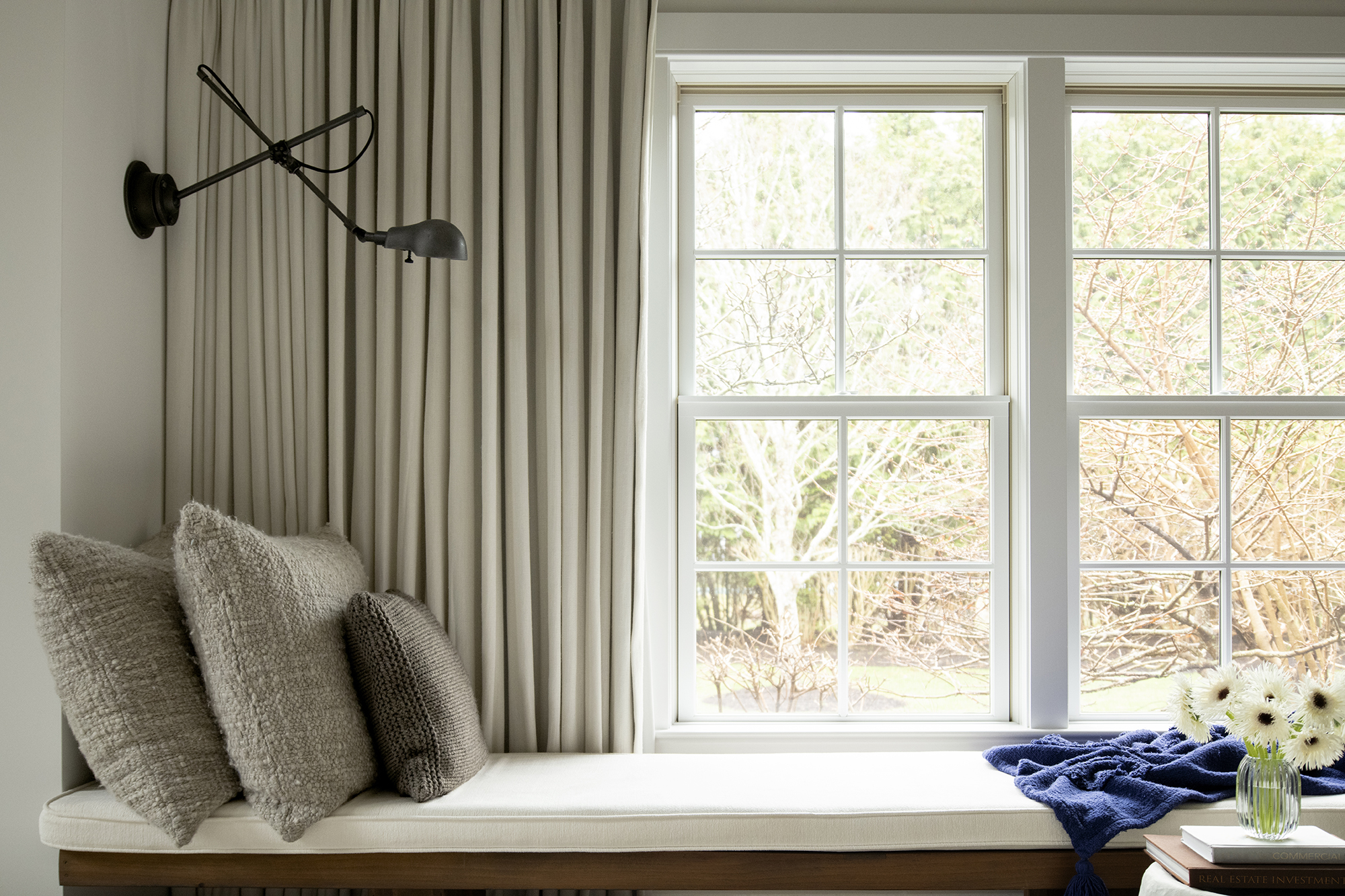Are you a first-time home buyer in London, Ontario? Congratulations on taking the first step towards homeownership (which is reading this article)! Buying a house is an exciting journey, but it can also be overwhelming, especially if you are not familiar with the process. That is why we have put together this comprehensive article to help you navigate the home buying process in London, Ontario. You can also view my comprehensive buyer’s guide at this link.
Determining How Much House You Can Afford
The first step in the home buying process is to determine how much house you can afford. A general rule of thumb is that your housing expenses should not exceed 30% of your gross income. Housing expenses include mortgage payments, property taxes, utilities, and maintenance fees. You should also factor in your other financial obligations, such as car payments, student loans, and credit card debt. Ultimately, a skilled mortgage broker will be able to help you calculate how much you can afford. The mortgage agent will help you get pre-approved so you can house hunt with confidence!
I recommend Edwin Barahona with the Mortgage Architects to help you find the best mortgage rate – he even helped me get my mortgage!
Saving for a Down Payment: Minimum Requirements and Other Options
Once you have determined how much house you can afford, the next step is to save for a down payment. In Canada, the minimum down payment for a house is 5% of the purchase price. However, if you can afford to put down more, it can save you money in the long run by reducing your mortgage payments and the amount of interest you pay over the life of the loan.
Government Programs for First-Time Home Buyer
One way the government is assisting you when purchasing your first house is through the First-Time Home Buyers’ Tax Credit. This credit allows first-time home buyers to claim up to $10,000 on their tax return in the following year after you purchased your house. This tax credit will translate into a direct savings of $1,500 on your taxes. This savings (although small) was recently increased in the year 2022. It was previously $5,000. You may also want to consider opening a First-Time Home Buyers’ Savings Account, which allows you to save up to $40,000 tax-free towards your down payment. This program just came into effect. So be sure to speak with your financial advisor about the FHSA.
Another option to consider is withdrawing funds from your RRSP (Registered Retirement Savings Plan) to use towards your down payment. Under the Home Buyers’ Plan, first-time home buyers can withdraw up to $35,000 from their RRSP without penalty. However, you will need to repay the amount withdrawn back into your RRSP within 15 years. This is a great program as you can access tax-free money for your down payment.
House Hunting: Finding the Right Property for You
Once you have saved for a down payment, it’s time to start house hunting. You can work with a real estate agent to help you find the right property that fits your budget and needs. Be sure to have a home inspection done to ensure that the property is in good condition and that there are no hidden surprises. I always recommend Mark Murphy at HomeSure Inspections as he is super knowledgeable. Prepare yourself to spend about $400 on a home inspection.
When it comes time to make an offer on a house, your real estate agent will guide you through the process. You may also be eligible for the First-Time Home Buyer Incentive, which is a shared-equity mortgage program that can help you reduce your mortgage payments. Under this program, the government provides up to 5% of the purchase price for a resale home or up to 10% for a newly constructed home. The loan is interest-free and does not require monthly payments, but you will need to repay the loan when you sell your home or within 25 years.
Closing the Deal: Legal Paperwork and Insurance Requirements
Once your offer has been accepted, it’s time to close the deal. You will need to have a lawyer to complete the legal paperwork and transfer ownership of the property to you. Before closing day, your lawyer will ask you to come into the office to sign the paperwork. They will also ask for evidence of the following:
- Utilities transfer. You will be responsible to transfer the utilities into your account as of the closing day. You will be required to pay for the utilities as of the closing day, even if you do not get the keys until 5:00PM.
- Home Insurance. As a condition of your mortgage, you will also need to have home insurance in place before you take possession of the property.
On the day of closing, once the funds have been transferred from your lawyer’s office to the seller’s lawyer office, you will be notified to come pick up your keys.
Conclusion: Congratulations on Your New Home!
In conclusion, buying your first home is an exciting and rewarding experience. By following these steps and taking advantage of the government programs available to first-time home buyers, you can make your dream of homeownership a reality. Don’t hesitate to reach out to a real estate agent, financial advisor, or mortgage broker for guidance along the way. Good luck and happy house hunting!
Are you a first-time home buyer and want to start searching at homes in London? Connect with me today!
Frequently Asked Questions
How to buy a house in Ontario as a first-time buyer?
Buying a house in Ontario as a first-time buyer can seem daunting, but there are many resources available to help you through the process. Start by determining your budget and researching the housing market in your desired area. Consider working with a real estate agent to help you find the right property and negotiate the price and terms of the sale. You may also be eligible for government programs like the First-Time Home Buyers’ Tax Credit, First-Time Home Buyers’ Savings Account, Home Buyers’ Plan (RRSP Withdrawals), and the First-Time Home Buyer Incentive.
How do I qualify for first time home buyer incentive in Canada?
To qualify for the First-Time Home Buyer Incentive in Canada, you must meet the following criteria:
- Be a first-time home buyer (or have not owned a home in the last four years)
- Have a combined household income of less than $120,000 per year
- Have a down payment of at least 5% of the home’s purchase price
- Be approved for a mortgage through a mortgage lender
You can learn more about the program and how to apply on the Canada Mortgage and Housing Corporation website.
What are the down payment requirements?
The minimum down payment required for a home purchase in Canada is 5% of the home’s purchase price for properties that cost $500,000 or less. For properties that cost between $500,000 and $1 million, the minimum down payment is 5% for the first $500,000 and 10% for the portion of the purchase price above $500,000. Most first-time home buyers put down the minimum required down payment, but some may choose to put down more in order to reduce their monthly mortgage payments.
What is the closing cost for first time home buyers in Ontario?
Closing costs for first-time home buyers in Ontario can vary depending on a number of factors, including the purchase price of the home, the location, and the specific services required.
Some common closing costs include:
- land transfer taxes,
- legal fees,
- home inspections,
- title insurance.
It’s important to budget for these costs in addition to your down payment and other expenses.
How much mortgage can I get with $70,000 salary in Ontario at a 5% interest rate?
The amount of mortgage you can get with a $70,000 salary in Ontario at a 5% interest rate will depend on a number of factors, including your credit score, debt-to-income ratio, and the amount of your down payment. Generally, lenders will use the “28/36 rule” to determine how much mortgage you can afford. This means that your monthly housing costs (including mortgage payments, property taxes, and home insurance) should not exceed 28% of your gross monthly income, and your total monthly debt payments (including housing costs, car payments, credit card payments, and other debts) should not exceed 36% of your gross monthly income. Based on these guidelines, a $70,000 salary would likely qualify you for a mortgage of around $275,000 to $300,000.
What is Title Insurance?
Title insurance is an insurance policy that protects homebuyers and mortgage lenders against financial loss if there are any defects or issues with the property’s title. This can include issues like unpaid property taxes, liens, or disputes over property boundaries. Title insurance can provide peace of mind for both buyers and lenders and is typically purchased during the closing process.
How much is property taxes in London Ontario?
Property taxes in London, Ontario, are calculated based on the assessed value of the property and the tax rate set by the municipality. The tax rate varies depending on the type of property, the location, and the municipal services it receives.
In 2022, the residential property tax rate in London was 1.036% of the property’s assessed value. For example, if your home is assessed at $400,000, you can expect to pay approximately $4,144 in property taxes per year.
It’s important to note that property taxes are an ongoing expense that homeowners need to budget for, in addition to their mortgage payments and other homeownership costs.


 Facebook
Facebook
 X
X
 Pinterest
Pinterest
 Copy Link
Copy Link


